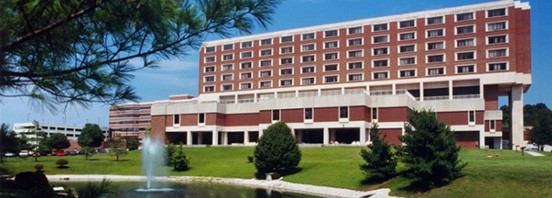
by Catherine Donaldson-Evans
AOL Health, October 12, 2010
A 42-year-old woman just gave birth to a baby that came from an embryo frozen 20 years ago, according to a just-published case study.
The woman adopted the fertilized egg from a couple who underwent in vitro fertilization (IVF) two decades ago and had left-over embryos they donated to other hopeful parents, according to doctors at Eastern Virginia Medical School. She had the baby in May.
Fertility expert Dr. Sherman Silber, head of the Infertility Center of St. Louis, said this particular baby’s birth isn’t groundbreaking. But it’s symbolic of a practice that is revolutionary and can change women’s lives.
“The specific case is no big deal,” he told AOL Health. “We have lots of babies born from embryos that had been frozen over 15 years earlier. There is no legitimate shelf life limit to frozen embryos, or eggs or ovarian tissue for that matter. But the subject is a very big deal. Women who need to delay childbearing should have either eggs or ovarian tissue frozen while they are young to preserve their fertility.”
Silber and his colleagues have written many papers on the practice, studying cancer patients and others who froze their eggs or embryos because they had to put off having children.
“So many of our cancer patients feel so fortunate to have had cancer and had their ovary tissue frozen, because they’re now in their 40s and have a 19-year-old-ovary and are therefore quite fertile,” he said.
Some parents have even stored eggs and sperm for their children with health conditions that will make them infertile — meaning the kids will give birth to their half-brothers or sisters. A woman whose 7-year-old daughter had a medical problem rendering her infertile froze her eggs in 2007. In another case, a baby was born from 22-year-old frozen sperm.
Silber and other advocates of fertility preservation say it’s better to plan ahead rather than suffer from infertility woes down the road.
“Women can preserve their fertility for later now,” he told AOL Health. “The several techniques available for it — egg freezing,embryo freezing and ovary tissue freezing — are very, very robust and reliable.”
